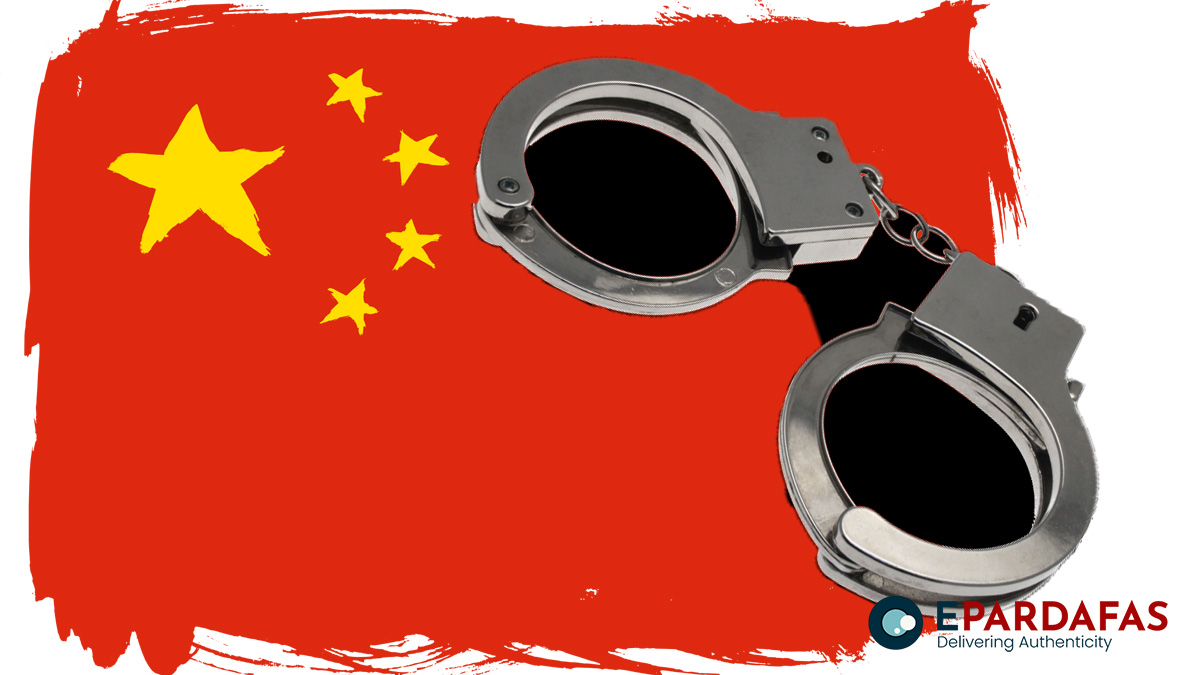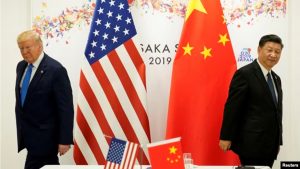
Germany Arrests Three Suspects for Alleged Technology Transfer to China

German authorities have apprehended three individuals suspected of collaborating with the Chinese secret service to transfer technology potentially intended for military use, prosecutors disclosed on Monday.
The arrests follow closely on the heels of German Chancellor Olaf Scholz’s recent visit to China, during which he sought to address concerns regarding Beijing’s backing of Russia’s wartime economy post the Ukraine invasion and raised issues concerning intellectual property infringement and equitable market access.
Identified as Herwig F. and Ina F., a married couple operating a company in Dusseldorf, along with Thomas R., allegedly acting as an agent for an employee of China’s Ministry of State Security (MSS), the suspects have been implicated in a complex web of technology transfer.
Prosecutors revealed that the couple, through their company, entered into a cooperation agreement with a German university, part of which entailed conducting a study for a Chinese contractual partner on machine components relevant to potent marine engines, including those utilized in combat vessels.
The contractual partner in China purportedly had ties to the MSS, and Thomas R. allegedly received directives from this MSS-affiliated individual.
Additionally, the trio reportedly procured a specialized laser from Germany, facilitated by payment from the MSS, and exported it to China without requisite authorization. The exact intended application of the laser remains undisclosed by the prosecutors.
The arrests underscore Germany’s multifaceted stance towards China, viewing it as both a significant trade ally and a systemic competitor. This development aligns with the broader context of heightened scrutiny over potential cyber and hybrid security threats emanating from China, as outlined in a strategy paper released by Scholz’s government last year.
As of the time of reporting, the Chinese embassy in Berlin has not issued a response to the allegations.
Notably, these arrests come subsequent to the detention of two Russian-German nationals last week, accused of espionage activities aimed at undermining Germany’s support for Ukraine in its conflict against Russia. Monday’s arrests were conducted based on intelligence gathered by Germany’s domestic intelligence agency, according to prosecutors.
- Former King Gyanendra Extends Condolences Over Pahalgam Terror Attack
- Nepal Firmly Opposes Terrorism in All Forms: Foreign Minister Dr. Arzu Rana Deuba
- Protests Erupt Outside Pakistan Embassy in Kathmandu Following Terror Attack in Kashmir
- Chinese Export Factories Hit Pause Amid Tariff War Fallout, Signaling Deeper Economic Woes












Comments